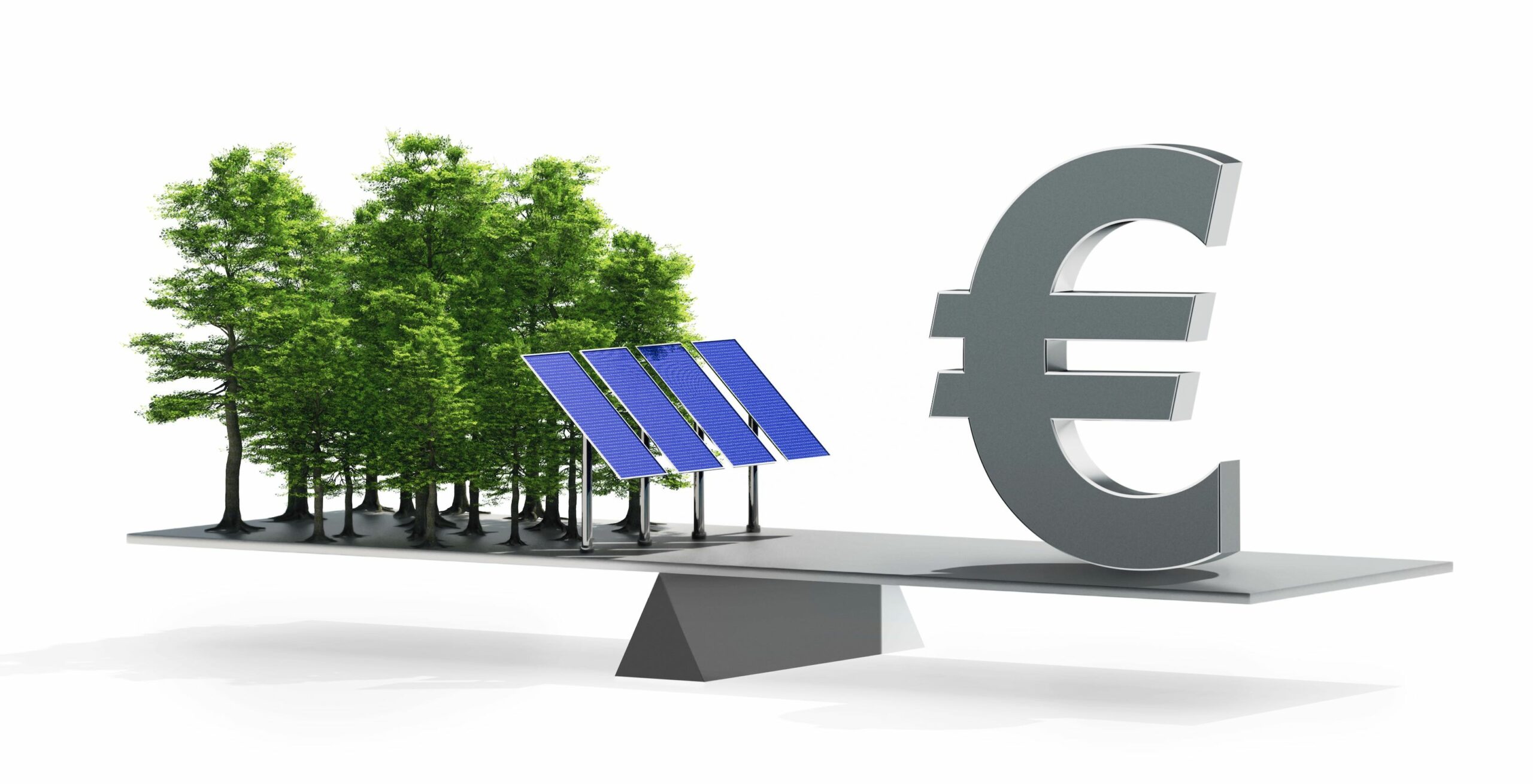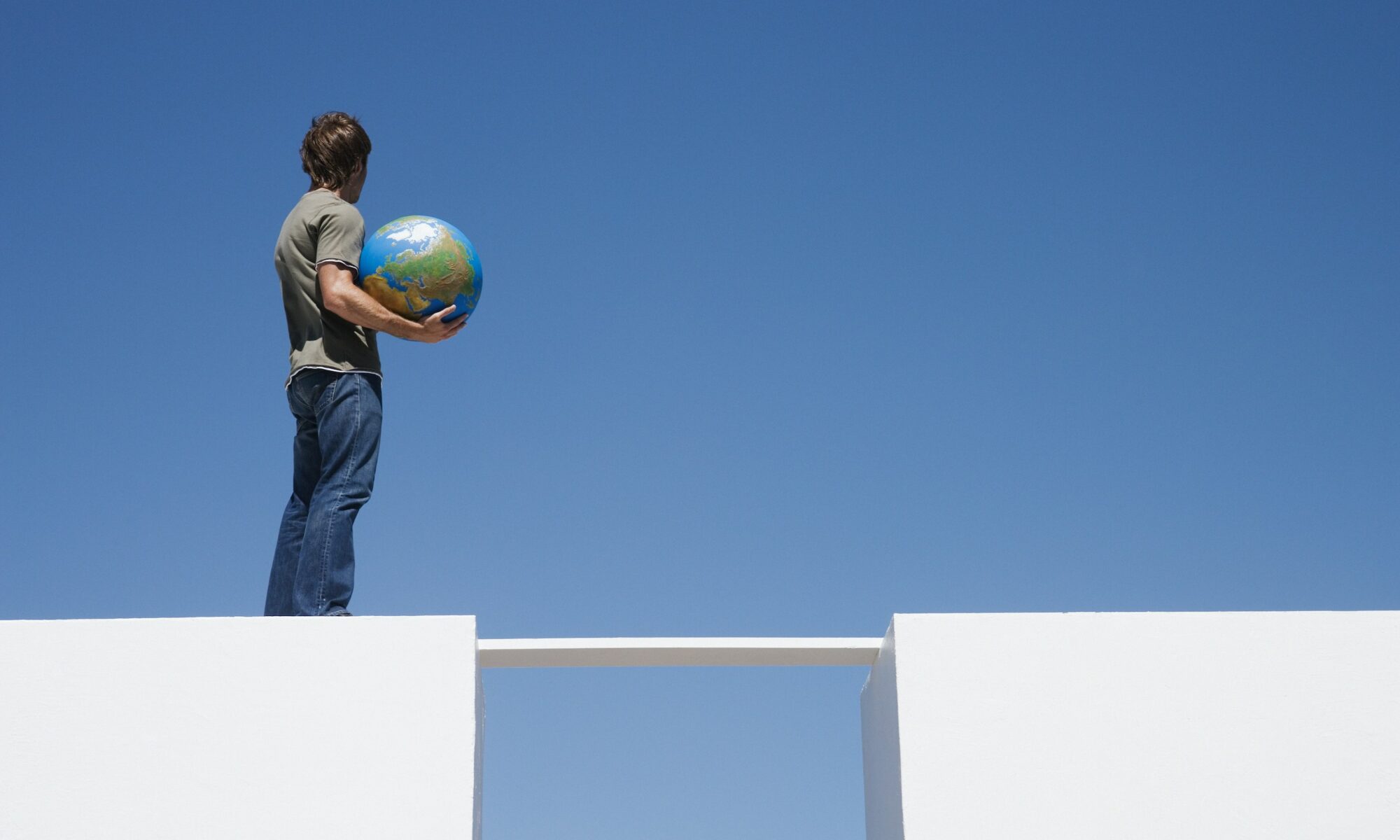Profit, people and the planet
The role of economists in our society should be to navigate our environment, to help us better understand the economic system, how it works and the different laws and dynamics that govern it. But economics should not define our goals. This is the assertion of Yuval Noah Harari and it deeply resonates with me, having been educated mostly through the lens of neo-liberal doctrine.
N. Harari goes on, saying that “the problem of economists is not that many of their predictions don’t come true. Economics is not a pseudo-science. The problem is that everyone expects economists to define our goals. Humans were not created to increase the ‘magical’ GDP, neither should GDP be understood as a measurement of success. We need to use economic theories and models to understand production and consumption and to plan for a better economic future. But it should never be the definition of the goal. As individuals, everyone needs to define his own goal”.1
Personally, my ambition is to be the man my kids think I am, and that my parents hoped I would be – a demanding and never ending exercise. Nothing scientific, totally subjective and full of stumbles and wrong turns.

Instead of one bottom line, profit, companies should give equal focus to three: profit, people, and the planet.
As a society, our goals should include growing our world sustainably: To build a world where environmental sustainability, social inclusion, and economic development are equally valued. This framework is commonly described as the triple bottom-line, whereby companies give equal focus to social and environmental concerns as well as turning profits. The principle is that instead of one bottom line, profit, there should be three: profit, people, and the planet. To get a sense of the whole picture we need to understand and measure the full cost of doing business, not capture it solely on the income statement. In real life, all three factors play a major role in determining whether a company can stay in business and generate a profit – no single bottom line alone can sustain a business.
The dire repercussions of ignoring the triple bottom-line are becoming increasingly visible. Those risks are more and more commonly understood by businesses and investors. But it’s more than risk, it’s also about opportunities. Sustainability could and should be seen as the biggest opportunity for business growth and leadership. The United Nations’ 17 Sustainable Development Goals (UN SDGs) is the framework embedding the major dimensions of capital (human, social, physical and natural) imperative for sustainable business and investment.
The Covid-19 crisis should be considered as a wake-up call about our fragilities. The crisis has not dented enthusiasm for investing with principles. Investor investment objectives are better served when focusing on the way to build a healthy and green recovery. Even the Bank for International Settlements (BIS, presented as the bank of central banks) highlighted that “the effects of global risks such as pandemics illustrate the trade-off between the efficiency and resilience of our production systems … many policymakers are advocating a “green recovery”, learning from the crisis but also recognizing the challenges. In that light, there are many practical suggestions for, inter alia, massive but selective public investments that might contribute delivering a timely, more sustainable, “green recovery” with a lower carbon footprint, mitigating or at least not aggravating the risks of new Green Swans.”2
The very significant difference between this crisis and the last one is that as a group, the rich are feeling much less pain than those who are not rich. The impact of this pandemic is being felt most intensely by the people with the least savings, the most insecure jobs and residencies, median salaries or less. J. Powell, the Chairman of the US Federal Reserve, recently said that around 40% of Americans earning less than $40,000 a year lost a job in March. “This reversal of economic fortune has caused a level of pain that is hard to capture in words, as lives are upended amid great uncertainty about the future” he said.
The current pandemic magnifies and amplifies social inequality. We will have to deal with an economic, a wealth and social crisis. The crisis is placing a spotlight on the social policies of companies, towards key stakeholders including employees, suppliers and customers. We should expect to see further behavioral shifts from corporates towards social outcomes when we exit this crisis and believe that social considerations when investing is here to stay.
Combining inclusive considerations, the boundaries of our planet and the efficient allocation of resources is nothing other than the definition of sustainable development.
As a conclusion, combining inclusive considerations, the boundaries of our planet and the efficient allocation of resources is nothing other than the definition of sustainable development. Sustainable development can be defined as development that meets the needs of the present without compromising the ability of future generations to meet their own needs. As parents, this is part of our job description. It requires only common sense at full speed, personally lost in some sort of brainwashing from education and privileges for too long. It’s never too late to wake up and act but time is flying, it’s now high time. To care is the first thing, to act is now urgent. Investing with purpose is part of the toolbox.
1 Outrage & Optimism Podcast Episode 15 “The history of our future”.
2 “Green Swan 2 – Climate change and Covid-19: reflections on efficiency versus resilience”. Speech by Luiz A Pereira da Silva based on remarks at the OECD Chief Economist Talk Series, Paris, 23 April 2020 and Research Webinar at the BIS, 13 May 2020.


 Mortgage
Mortgage Personal loan
Personal loan Savings
Savings